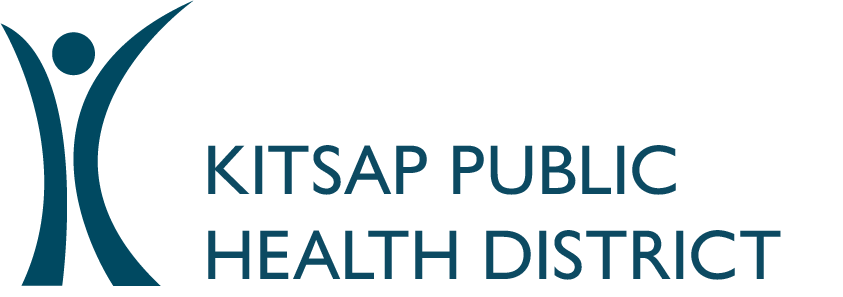What to know about seasonal vaccines and respiratory illness prevention
- tadsooter
- hace 2 días
- 3 Min. de lectura

Fall in the Northwest means shorter days, bumpier ferry rides, and the unwelcome return of respiratory illness season.
Viruses that cause respiratory illnesses (illnesses that affect our lungs and breathing) tend to spread more widely during fall and winter months.
Fortunately, vaccines are available to protect against common respiratory viruses, including flu (influenza), COVID-19, and RSV (respiratory syncytial virus). And there are simple steps we can all take to avoid getting and spreading illnesses.
“Now is a great time to get caught up on vaccines so you can enjoy healthy fall and winter seasons” Kitsap Public Health District Health Officer Dr. Herbie Duber said. “As we spend more time inside together, it becomes even more important to wash hands, cover coughs, and stay home when we are sick.”
What vaccines are recommended this season?
Vaccines have been in the headlines nationally in recent weeks, as federal agencies debated changes to guidance.
In Washington, vaccine guidance and availability remain largely unchanged. Washington State Department of Health has shared updated recommendations for COVID-19, flu, and RSV vaccination, in partnership with other western states. These recommended vaccines are safe and very effective for preventing severe illness, hospitalization, and death.
Here are the basics:
Updated (2025-2026) COVID-19 vaccines are available and recommended for everyone ages 6-months and older.
A yearly flu vaccine is recommended for everyone ages 6-months and older. Flu vaccines are updated each year to provide protection against flu viruses that are most likely to be spreading.
Tip: It's safe to get flu and COVID-19 vaccines during the same visit.
RSV immunization is available for people at higher risk for severe illness, including infants, older adults, and people who are pregnant. Talk to a healthcare provider about whether RSV vaccination is recommended for you.
Vaccines are also available to prevent whooping cough (pertussis), a respiratory illness caused by bacteria. Whooping cough cases have increased sharply in recent years.
Talk to your healthcare provider if you are unsure what vaccines are recommended for you and your family.
Where can I get vaccinated?
If you or a family member needs a vaccine, you can:
Contact your healthcare provider
Go to a pharmacy or community clinic. We recommend calling ahead to make sure they have the vaccine you need. If you need a vaccine for a young child, double-check that the pharmacy or clinic offers vaccination for young children.
Kitsap Public Health District is offering vaccine clinics for children ages 18 and younger. Our next clinic is Oct. 13. Learn more at kitsappublichealth.org/clinic
If you need help finding a vaccination appointment, contact our team at 360-728-2007 or immunizations@kitsappublichealth.org.
Are flu and COVID-19 vaccines still covered by insurance?
Most health plans, including Medicare and Apple Health (Medicaid), continue to cover the full cost of flu and COVID-19 vaccination.
Vaccination is free in Washington for children 18 and younger. Resources are available for adults who need help paying for vaccination. To learn more, call 360-728-2007 or email immunizations@kitsappublichealth.org
What else can I do to prevent respiratory illnesses?
In addition to staying up to date on immunizations, you can take simple steps every day to help avoid getting or spreading the viruses that cause common respiratory illnesses.
Wash your hands often with soap and water for at least 20 seconds
Avoid close contact with people who are sick, including sharing cups and utensils
Clean frequently touched surfaces like phones and keyboards
Stay home when you are sick
Cover your coughs and sneezes with a tissue or your elbow
Consider wearing a mask in crowded indoor spaces
It's also important to take care of your overall health by eating healthy, staying active, getting sleep and managing stress. Find resources here.


